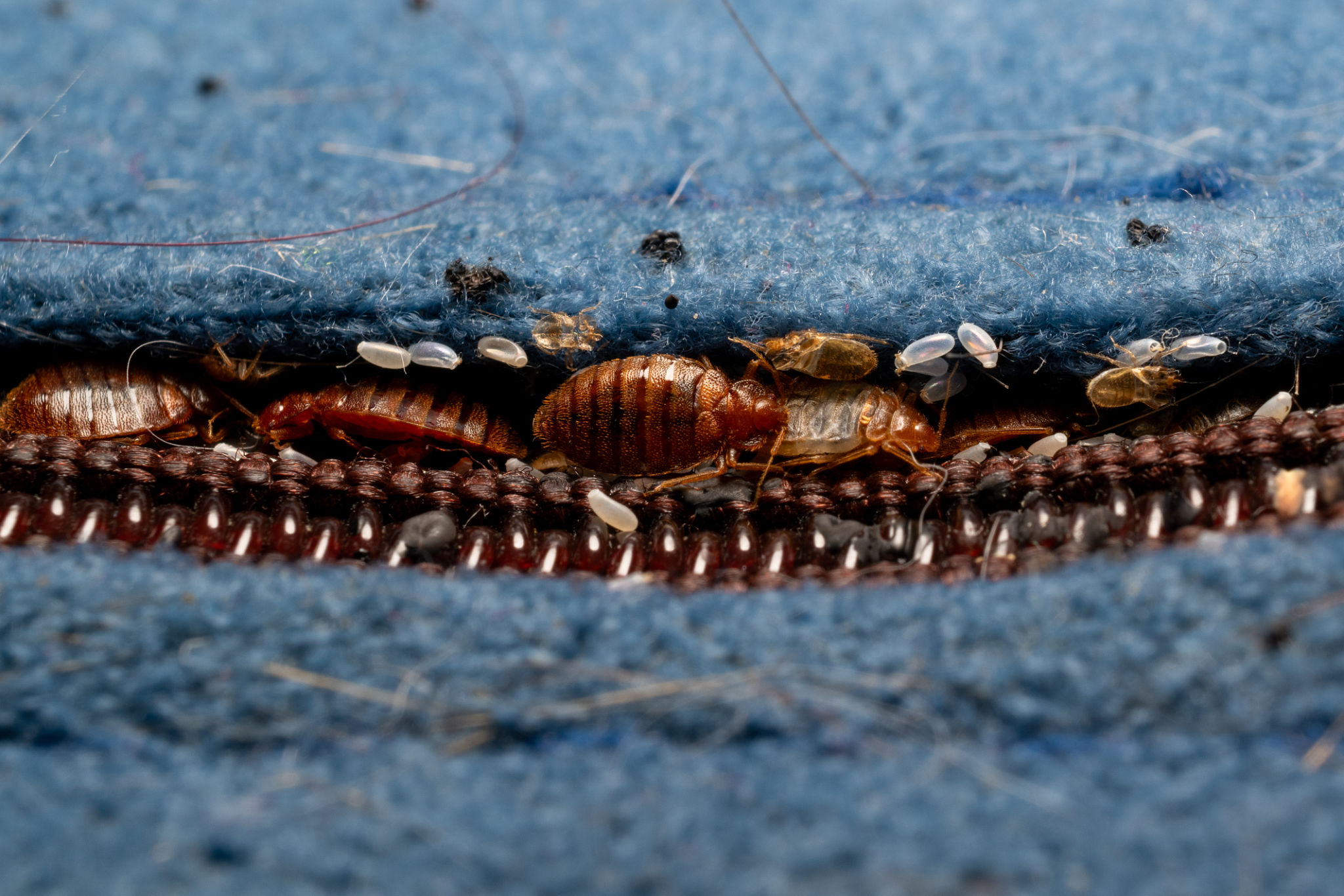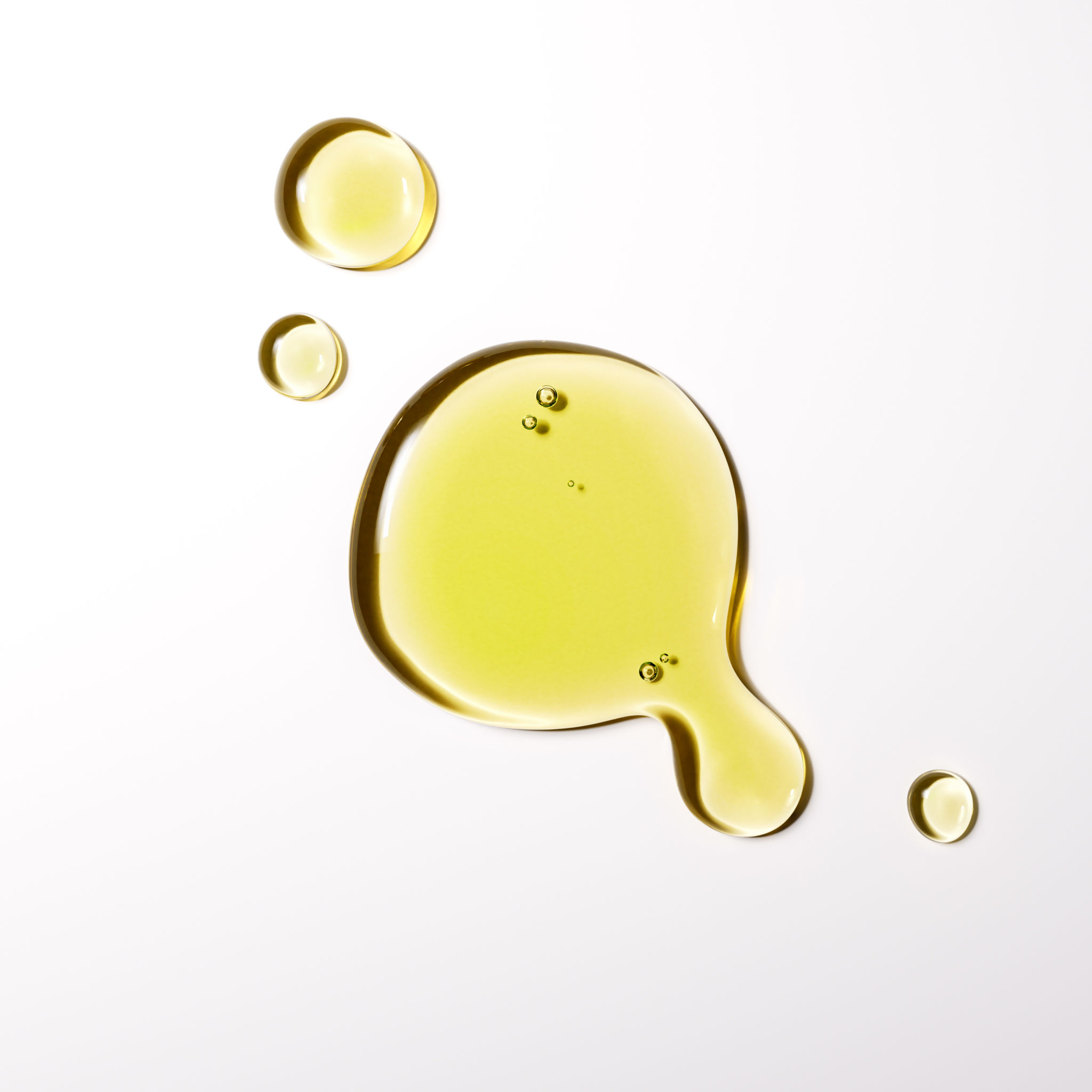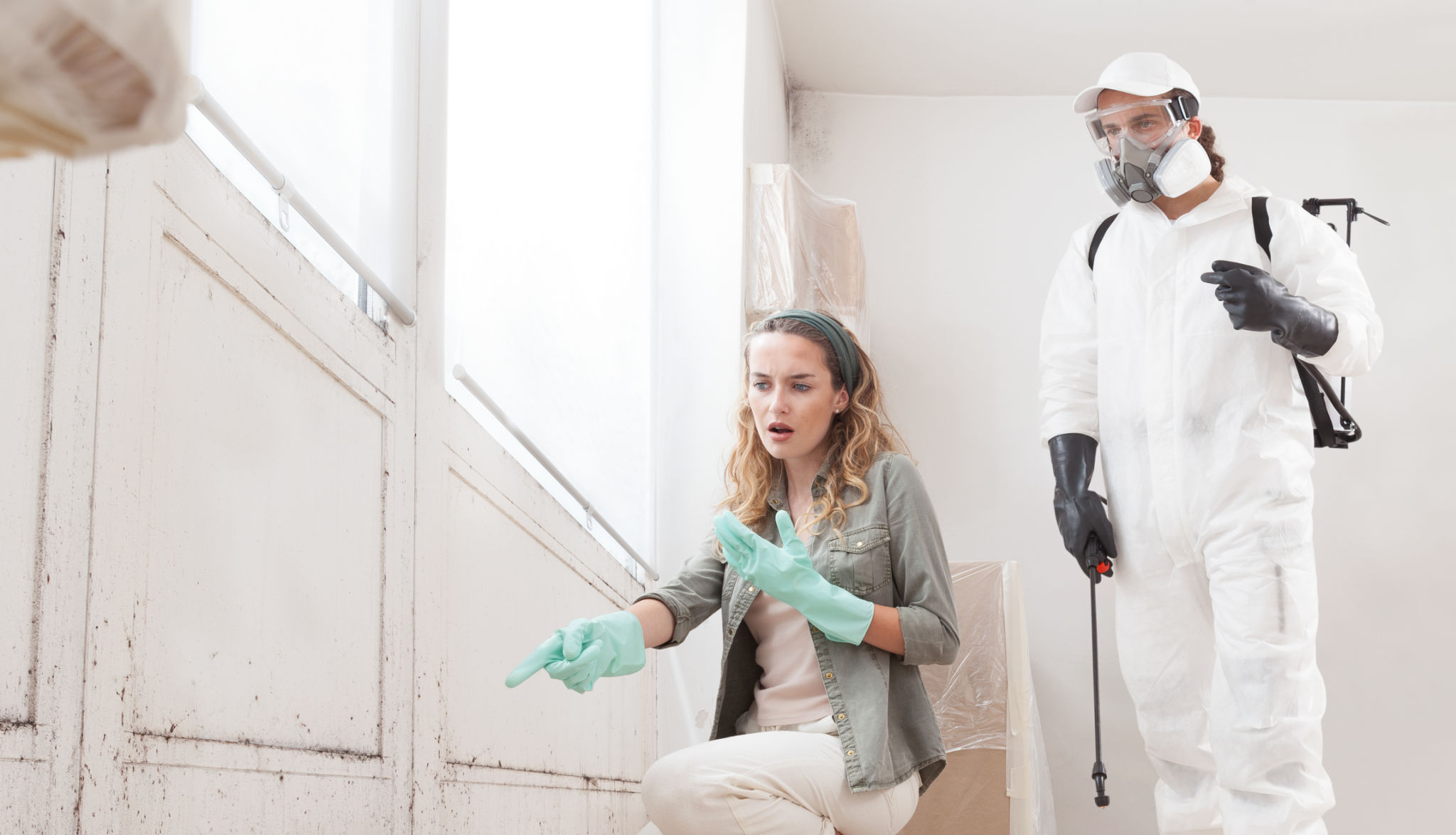DIY Bed Bug Control: What Works and What Doesn't
Understanding Bed Bugs
Bed bugs are small, elusive pests that can cause significant discomfort in homes. Understanding their behavior and habitat is crucial for effective control. These insects are nocturnal and often hide in mattresses, bed frames, and cracks during the day.
They feed on human blood, leaving itchy welts on the skin. While professional pest control is often recommended, many people turn to DIY methods to manage infestations. However, not all DIY solutions are effective.

Effective DIY Bed Bug Control Methods
Heat Treatment
One of the most effective DIY methods is using heat. Bed bugs cannot survive at temperatures above 120°F (49°C). Washing bedding and clothing in hot water and drying them on high heat can eliminate these pests. Using a steam cleaner on mattresses and furniture is also beneficial.
Vacuuming
Regular vacuuming can help reduce the number of bed bugs and their eggs. Focus on seams, crevices, and areas where bed bugs are likely to hide. Ensure you dispose of the vacuum bag immediately to prevent re-infestation.

DIY Methods That Don’t Work
Essential Oils
While essential oils like tea tree and lavender are popular for their pleasant scents, they are not effective against bed bugs. Some oils may repel these insects briefly, but they won't eliminate an infestation.
Homemade Sprays
Many people attempt to create their own bed bug sprays using ingredients like vinegar or alcohol. Unfortunately, these solutions lack the potency required to kill bed bugs and may only serve as a temporary deterrent.

Preventing Re-Infestation
Once you've managed to reduce or eliminate bed bugs, preventing their return is crucial. Encase mattresses and box springs in protective covers to prevent bed bugs from entering. Additionally, regular inspections and cleaning can help keep these pests at bay.
Reducing clutter in the home also minimizes hiding spots for bed bugs. By maintaining a clean and organized environment, you can make your home less attractive to these pests.
When to Call a Professional
If DIY methods fail to control the infestation, it might be time to call in the professionals. Pest control experts have access to stronger treatments and can offer more comprehensive solutions. They can assess the extent of the infestation and recommend the best course of action.
